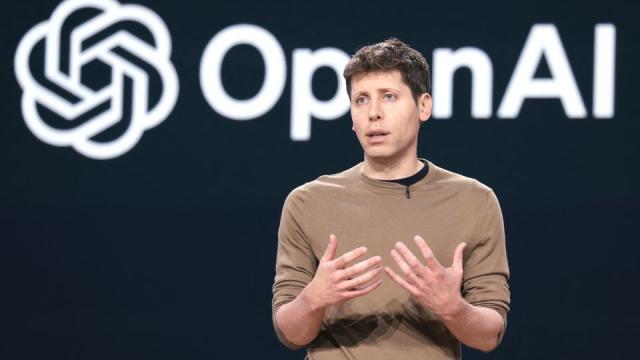OpenAI recently formed a new Safety and Security Committee to oversee critical decisions related to the company’s projects and operations. However, the composition of the committee has sparked controversy as it comprises solely company insiders, including CEO Sam Altman. This decision has raised concerns among ethicists about the lack of external oversight and impartiality in the committee’s proceedings.
The Safety and Security Committee includes OpenAI board members Bret Taylor, Adam D’Angelo, and Nicole Seligman, as well as key personnel like chief scientist Jakub Pachocki and heads of various departments. Their mandate is to evaluate OpenAI’s safety processes and safeguards over the next 90 days.
This move comes at a crucial time for OpenAI, amidst ongoing debates about AI safety and ethical governance. The decision to appoint internal members to the committee has intensified existing concerns about the organization’s commitment to accountability and transparency.
Former OpenAI employees, including Daniel Kokotajlo, Ilya Sutskever, and Jan Leike, have publicly criticized the company’s approach to AI safety. They’ve expressed doubts about its prioritization of product development over robust safety protocols. Their departures underscore broader anxieties within the AI community about the potential risks posed by advanced AI systems.
Critics argue that relying solely on internal oversight mechanisms may not be sufficient to address the complex ethical and technical challenges of AI development. There are concerns that the Safety and Security Committee’s lack of external representation could compromise its ability to impartially evaluate safety processes and identify potential risks.
In response to criticism, OpenAI has pledged to engage third-party experts in safety, security, and technical domains to support the committee’s work. However, questions remain about the extent of their involvement and influence in decision-making processes.
The establishment of the Safety and Security Committee reflects OpenAI’s recognition of the importance of addressing concerns about AI safety and governance. However, the effectiveness of this initiative will depend on the organization’s willingness to embrace external scrutiny and incorporate diverse perspectives into its decision-making processes.
The controversy surrounding the composition of the Safety and Security Committee highlights broader debates within the AI community about the need for robust oversight and accountability mechanisms. As AI technologies continue to advance rapidly, ensuring responsible development and deployment is paramount to mitigate potential risks and safeguard societal well-being.
Moving forward, OpenAI faces the challenge of striking a balance between innovation and safety, navigating the complex ethical landscape of AI development. The decisions made by the Safety and Security Committee will play a crucial role in shaping the organization’s approach to AI governance and its commitment to ethical principles.
Ultimately, the success of OpenAI’s efforts to enhance safety and security measures will depend on its ability to foster transparency, engage with external stakeholders, and uphold ethical standards. Only by addressing these concerns can OpenAI fulfill its mission of developing AI technologies that benefit humanity while minimizing potential risks.
If you like the article please follow on THE UBJ.
